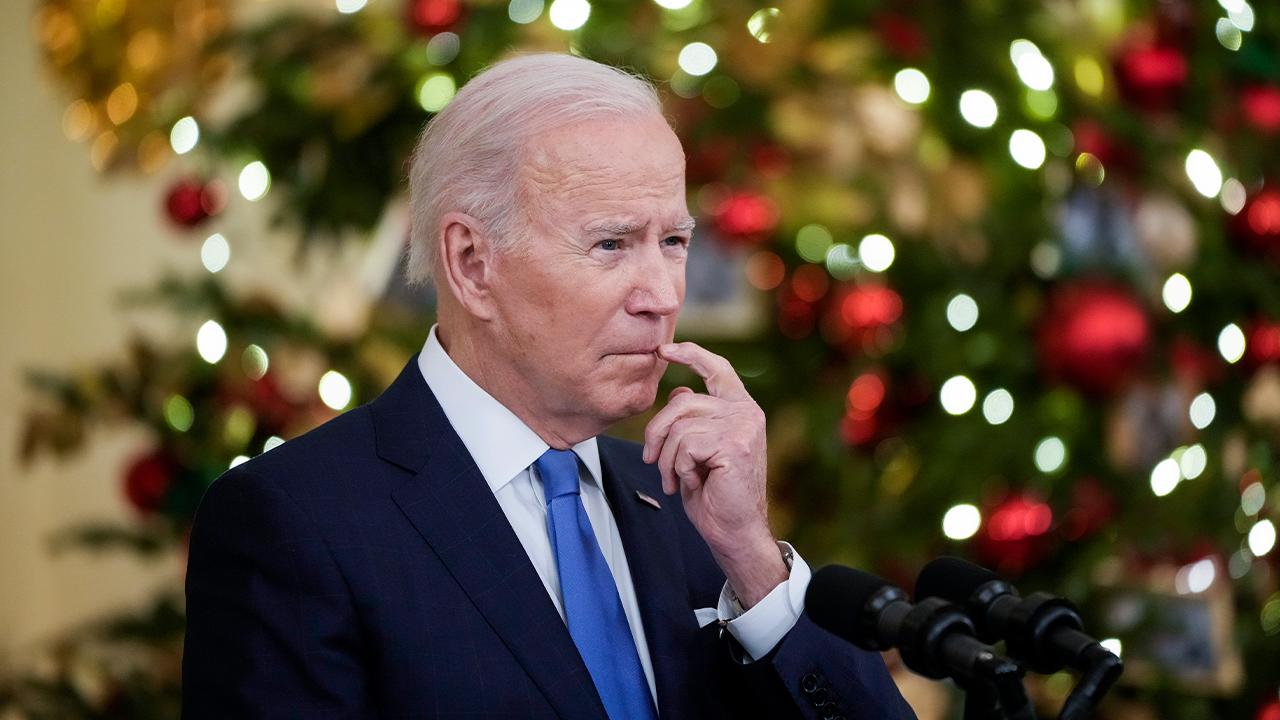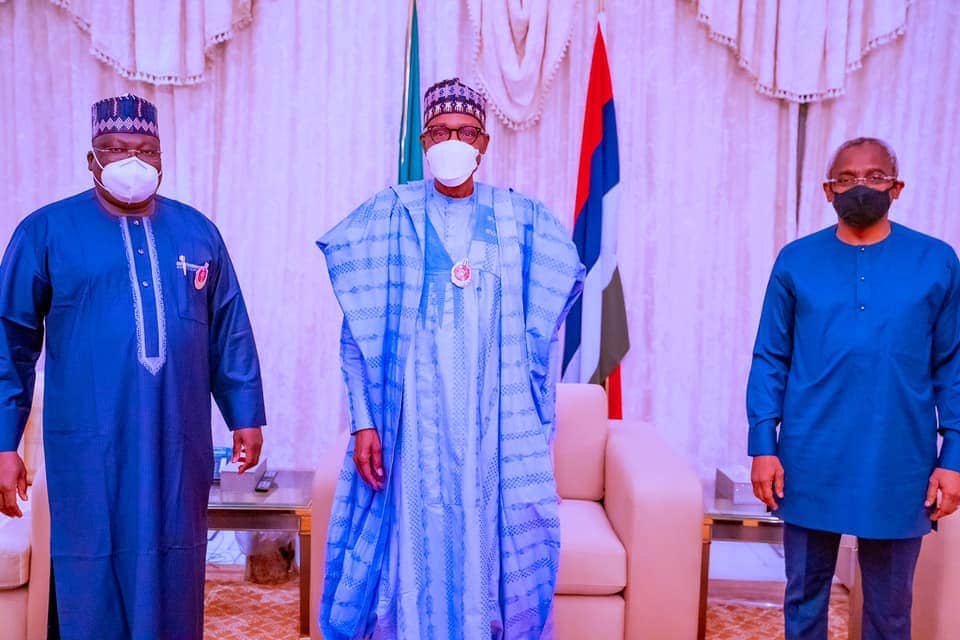The Minister of Justice and Attorney General of the Federation, Abubakar Malami, has given reasons why the President, Major Gen. Muhammadu Buhari (retd.), would not sign the new electoral law insisting that the law has not captured the interest of all Nigerians.
He stated this in a phone-in program on Radio Kano while responding to questions on Sunday.
He said the new electoral law has an excessive cost implication, is discriminatory, as well as supportive of insecurity adding that signing it into law will only initiate a new crisis that will lead to court cases.
“What you should understand about the leadership of the country most especially as it regards President Muhammadu Buhari on any law presented to him for signing, the President is entitled to certain rights.
“When you talk about politics he has rights, if you talk about the economy, the business community also have rights on him, if you are talking about 60% of Nigerians that are not politicians, if you talk about the economy he also has rights, if you are talking about security, there is also what is expected from him. The President has to consider laws that are sustainable.
“The job of the President is that of politics, economy, business, security, legislation, politicians and non-politicians. This is because the leadership of the country is not for the politicians alone, it is a leadership that affects the social life of the people, their religion, economy, security and others. This is contrary to the leadership of the legislators which is solely political.
“Therefore, the lawmakers are only concerned about their political inclination while the President is concerned about the entire lives of Nigerians made up of politicians and non-politicians.
“Any bill signed into law by President Muhammadu Buhari is in the interest of all Nigerians irrespective of their inclinations. He is after satisfying the interest of the over 200 million Nigerians he is serving and not a particular sector,” the Minister stated.
He further described the financial burden in the new electoral bill not signed by the president.
“For example, one of the reasons is that there are 18 political parties and a law is founded that will allow for direct primaries. The difference between this and the general election is small because it allows for all Nigerians to come about and say their opinions.
“This means that you will repeat the general elections 18 times. Today INEC requires N305 billion for the 2023 general elections. Now if the general election, which is not the newly proposed electoral system, will cost this much, how much will it cost to do the same election in the APC? It might cost at least N200 billion because it will involve everyone.
“Although the good side of the law is that INEC is required to monitor it. Therefore, if it is assumed that every political party will spend N200 billion, how much will then be spent in conducting the same primary election in 18 political parties just to produce a qualified candidate?



Connect with us on our socials: